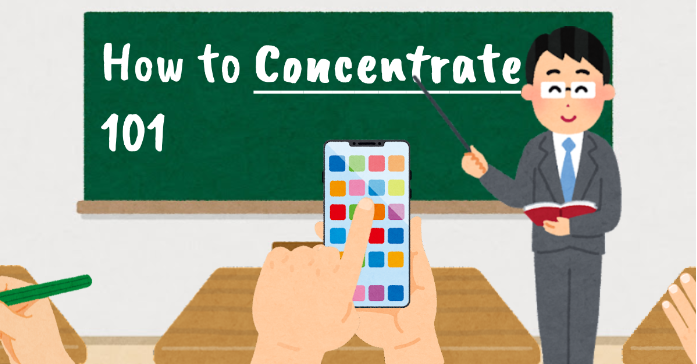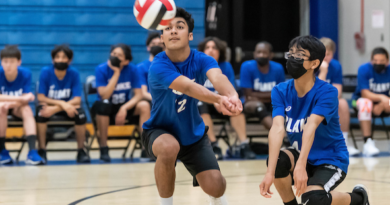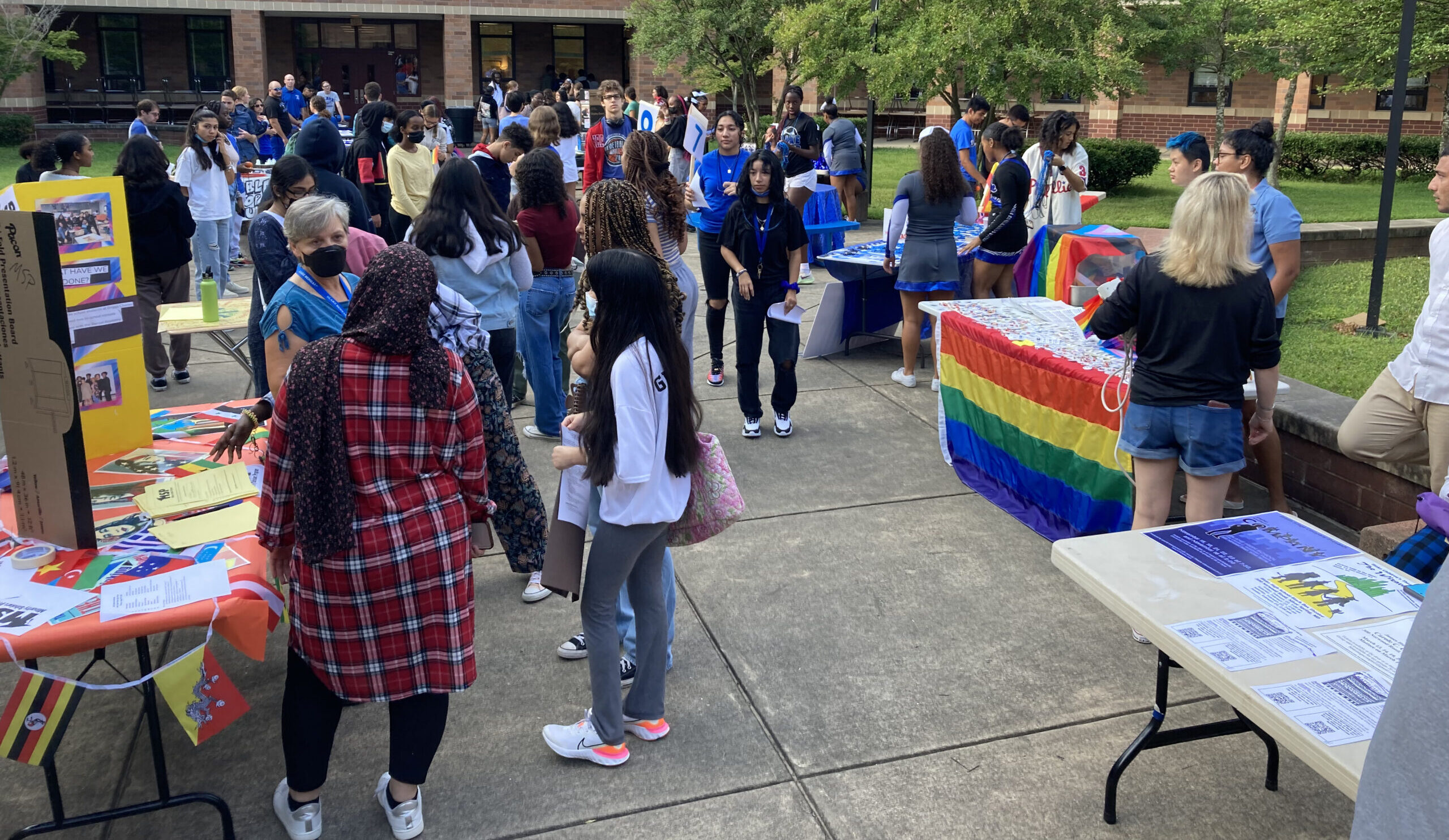Teachers Navigate New, Unsettled Phone Policy
With the new direction from the administration to start the school year, there is no school-wide cell phone policy. Instead, the policies regarding cell phone usage in BHS classrooms vary and range from classroom to classroom.
Teachers have taken different paths to approach cell phone policy enforcement in the ongoing struggle to keep students’ attention away from their cell phones and toward lessons. Some teachers have chosen more lenient policies, while others have adopted a no-tolerance phone rule. But how exactly are teachers and students adapting to these varying cell phone policies?
According to a recent Blake Beat poll, students’ opinions on this issue are more diverse than what you would imagine. When asked about their preference for cell phone policies, 43% of respondents preferred a lax policy, 49% preferred a policy somewhere in between, and 8% preferred a strict no-tolerance policy.
The usage of cell phones has seen a substantial increase over the years, and Blake students are no exception, driven by distracting social media sites such as Instagram and TikTok. These platforms provide students with an endless stream of content tailored to their interests, making it difficult to resist the temptation during class, especially when there is a lack of an official cell phone policy at Blake.
The consequences of this lack of attention during class are disastrous. Teachers are grappling with decreased engagement, which they find challenging to manage, particularly when they have to revisit assignments past due.
“It’s not a problem that is entirely within my control in the classroom,” Science teacher Mr. Keil reveals. “I can give students reminders about being on task, I can reach out to the parents and let them know what’s going on. but it’s not something that I can fight with students every day.” As a result, Mr. Keil has taken a more lenient approach to cell phone policy enforcement.
A more proactive option was chosen by English teacher Ms. Lucey; she finds herself compelled to assume the role of a police officer, redirecting students away from their phones and back to work, a duty she reluctantly takes on, highlighting the issue of a lack of an official school cell phone policy.
Ms. Lucey even sent an email to parents, containing instructions for limiting screen time and specific app usage during the school day. To her relief, some parents embraced the suggestion, leading to improved engagement for their children. As Ms. Lucey notes, “I’ve had several students who now have screen time limitations because of that email, and they are doing better in class.” This firsthand observation underlines the positive impact of minimizing distractions in the classroom, a measure Ms. Lucey takes with the students’ academic well-being in mind.
Looking forward, it is expected that Blake, and possibly even the entirety of MCPS, will consider implementing a stricter cell phone policy. The conflict surrounding these policies will undoubtedly continue as educators, parents, and students try to find the balance between technology and effective learning in the classroom.



